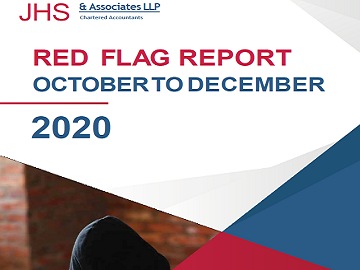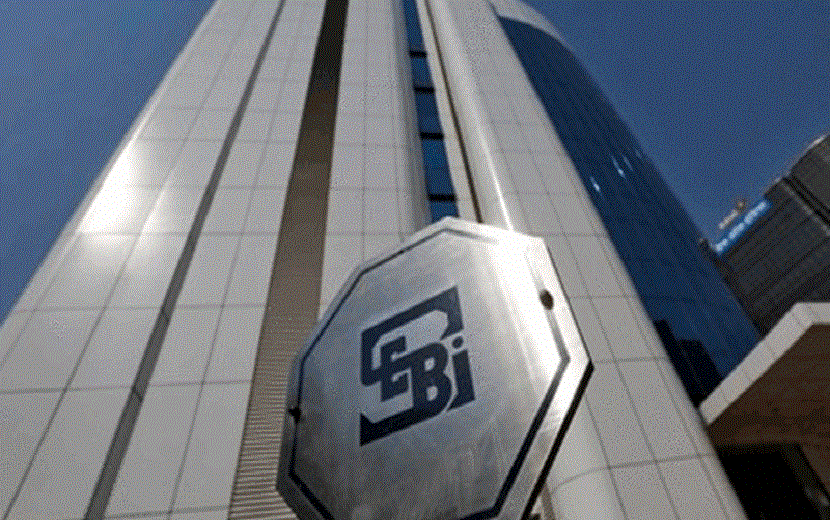Reference: Central Board of Indirect Taxes and Customs
Update:
Best judgment assessment order was valid where assessee did not file return even within further period of 30 days
Bridge Hygiene Services (P.) Ltd. v. State Tax Officer – [2019] 110 taxmann.com 489 (Kerala)
The assessee had defaulted in filing of returns within time. The Competent Authority passed assessment order on best judgment basis upon the assessee. The assessee filed a writ petition before High Court of Kerala against the said order.
The Honorable Court observed that as per the provisions relating to assessment of non-filers of returns under the GST Act, even after the service of the best judgment assessment order on the assessee, if the assessee furnishes a valid return within 30 days then such assessment order shall be deemed to withdrawn subject to payment of interest or late fee. Therefore, the statutory provisions enable the assessee to get best judgment assessment order passed against it, set aside, by furnishing its returns and paying tax within a period of 30 days from the date of receipt of the assessment order.
Since in the present case, assessee failed to file returns within time, the Honorable Court would not be justified in granting extension of period to the assessee for filing the returns beyond the prescribed period so as to get benefit of withdrawal of assessment order passed on best judgment basis. Hence, writ petition filed by the assessee was dismissed.
Update:
CBIC issued clarification on fully electronic refund process through Form GST RFD-01:
CBIC has clarified the procedure for electronic submission and processing of refund applications in Form GST RFD-01 the functionality of which has been deployed on the GST portal w.ef. 26.09.2019. However, all refund applications filed on the common portal before 26.09.2019 shall continue to be processed manually prior to deployment of new system. The circular also provides clarifications on certain refund related issues.
Update:
Assessee allowed to rectify GSTR-1 manually
Vadehra Builders (P.) Ltd. v.Union of India- [2019] 111 taxmann.com 330 (Delhi)
Assessee filed writ petition before the High Court of Delhi so as to permit it to file manually amended return in Form GSTR-1 for the month of November, 2017. As per the submissions of the assessee, it inadvertently furnished the wrong particulars of GSTIN in Form GSTR-1.
The Honorable Court took the view considered by High Court of Andhra Pradesh in M/s Panduranga Stone Crushers v. Union of India, wherein the Court permitted the assessee to manually rectify the Form GSTR-3B subject to the outcome of write petition.
In the present case, the revenue authorities did not file a reply in response to the request of the assessee. Hence, the Honorable Court through an interim relief and subject to final outcome of writ petition, permitted the assessee to manually rectify the return in Form GSTR-1 for the month of November, 2017.
Reference: Central Board of Direct Taxes
Update:
Income-tax (14th Amendment) Rules, 2019:
The CBDT has notified that any sum deducted under section 194M shall be paid to the credit of the Central Government within a period of 30 days from the end of the month in which the deduction is made and shall be accompanied by a challan-cum-statement in Form No. 26QD.
Every person responsible for deduction of tax under section 194M shall furnish the certificate of deduction of tax at source in Form No.16D to the payee within 15 days from the due date for furnishing the challan-cum-statement in Form No.26QD under rule 31A after generating and downloading the same from the web portal.
Reference: Institute of Chartered Accountants of India
Update:
Corporate Laws and Corporate Governance Committee of ICAI invites comments/ suggestions on the Report of the Company Law Committee constituted by MCA:
The Ministry of Corporate Affairs has constituted a Company Law Committee inter alia, to further decriminalise the provisions of the Companies Act, 2013 based on their gravity and to take other concomitant measures to provide further Ease of Living for corporates in the country.
The Company Law Committee has submitted its Report on 18th November, 2019 (available at link: http://www.mca.gov.in/Ministry/pdf/NoticeCLCReport_18112019.pdf) and has invited comments/suggestions on the recommendations of the Committee along with justifications.
The members are requested to submit their comments/ suggestions on the Email ID – companieslawsuggestions@icai.in latest by 22nd November, 2019 so that the same may be compiled and submitted to the Ministry.
Reference: Ministry of Corporate Affairs
Update:
Companies (Meetings of Board and its Powers) Second Amendment Rules, 2019:
MCA has notified Companies (Meetings of Board and its Powers) Second Amendment Rules, 2019. Vide this rule MCA has amended Rule 15 to relax the monetary restrictions to enter into contracts or arrangements with Related Parties subject to passing a member’s resolution.
Accordingly, member resolution is not required for transactions like sale, purchase or supply of any goods or materials, leasing of property and availing or rendering of any services, if transaction value does not exceed 10% of the company’s turnover and for selling or disposing of or buying property if transaction value does not exceed 10% of the company’s net worth. The upper limits of 100 Crores and 50 Crores respectively on these Related Party Transactions is omitted. READ MORE
Implication:
Monetary restrictions to enter into contracts or arrangements with Related Parties subject to passing a member’s resolution has been relaxed.
Reference: Securities and Exchange board of India
Update:
Monetary Penalty on Incorporated Engineers Ltd.:
SEBI has imposed, a monetary penalty of ₹1,00,000/-on the Incorporated Engineers Ltd. under section 15C of the SEBI Act for failure to redress investors’ grievances within prescribed time limit. The Noticee has failed to redress the investors’ grievances after having been called upon by SEBI in writing. SEBI circulars also directed all listed companies to resolve the complaints within 30 days of receipt of complaint through SCORES.
Implication:
The entity shall pay the amount mentioned in order within a period of 45 days from the date of service of this order.
Reference: General
Update:
Strategic disinvestment of State-owned companies:
The Government has given ‘in-principle’ approval for strategic disinvestment of 28 Central Public Sector Enterprises (CPSEs) including subsidiaries, Units and Joint Ventures with sale of majority stake of Government of India and transfer of management control.
Besides, in certain other CPSEs, policy of minority stake sale without transfer of management control through various SEBI approved methods, are being followed in order to unlock the value, promote public ownership and higher degree of accountability.
Update:
Salaries are not subject to GST:
The Central Board of Indirect Taxes & Customs (CBIC) has clarified that salaries are not subject to GST, and said that department has not demanded any tax on salaries paid to chief executives or employees. It was responding to media reports.
It added that salaries as such cannot be subject to GST, and no notice has been issued to any companies demanding GST on salaries whatsoever.













